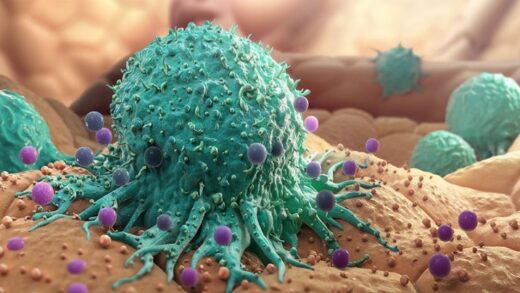Heart Disease: A Guide to Prevention, Diagnosis, and Treatment
Heart disease is the leading cause of death in the United States, accounting for one in four deaths each year. It is also a major cause of disability.
Heart disease is a general term for a number of conditions that can damage or weaken the heart. The most common type of heart disease is coronary artery disease, which occurs when the arteries that supply blood to the heart become narrowed or blocked. This can lead to a heart attack, which is when the blood supply to the heart is cut off.
Other types of heart disease include:
- Congenital heart disease: This is a type of heart disease that is present at birth.
- Heart valve disease: This is a condition that affects the valves in the heart.
- Heart rhythm disorders: These are conditions that affect the electrical signals that control the heartbeat.
- Heart failure: This is a condition in which the heart is unable to pump enough blood to meet the body’s needs.
Risk factors for heart disease
There are a number of risk factors for heart disease, including:
- Age: The risk of heart disease increases with age.
- Gender: Men are more likely to develop heart disease than women.
- Family history: If you have a family history of heart disease, you are at increased risk.
- High blood pressure: High blood pressure can damage the arteries and increase the risk of heart disease.
- High cholesterol: High cholesterol can build up in the arteries and block the flow of blood to the heart.
- Smoking: Smoking damages the arteries and increases the risk of heart disease.
- Diabetes: Diabetes can damage the arteries and increase the risk of heart disease.
- Obesity: Obesity is a major risk factor for heart disease.
- Physical inactivity: Physical inactivity increases the risk of heart disease.
Prevention of heart disease
There are a number of things you can do to prevent heart disease, including:
- Eat a healthy diet: Eat a diet that is low in saturated and trans fats, high in fiber, and rich in fruits and vegetables.
- Exercise regularly: Aim for at least 30 minutes of moderate-intensity exercise most days of the week.
- Maintain a healthy weight: If you are overweight or obese, losing even a small amount of weight can help reduce your risk of heart disease.
- Quit smoking: Smoking is one of the leading causes of heart disease. If you smoke, quitting is the best thing you can do for your heart health.
- Control your blood pressure: High blood pressure is a major risk factor for heart disease. If you have high blood pressure, work with your doctor to control it.
- Control your cholesterol: High cholesterol can damage the arteries and increase the risk of heart disease. If you have high cholesterol, work with your doctor to lower it.
Diagnosis of heart disease
If you have any symptoms of heart disease, such as chest pain, shortness of breath, or fatigue, see your doctor right away. Your doctor will perform a physical exam and ask you questions about your medical history and symptoms.
Your doctor may also order tests to diagnose heart disease, such as:
- Blood tests: Blood tests can be used to check for high cholesterol, high blood pressure, and other risk factors for heart disease.
- Electrocardiogram (EKG): An EKG is a test that measures the electrical activity of the heart. It can be used to detect heart rhythm disorders and other problems with the heart.
- Echocardiogram: An echocardiogram is an ultrasound of the heart. It can be used to assess the size and function of the heart, and to detect heart valve disease and other problems with the heart.
- Stress test: A stress test is a test that measures the heart’s response to exercise. It can be used to diagnose coronary artery disease and other heart problems.
Treatment of heart disease
The treatment for heart disease will depend on the type and severity of the condition. Treatment may include:
- Lifestyle changes: Lifestyle changes, such as eating a healthy diet, exercising regularly, and maintaining a healthy weight, are the most important part of treating heart disease.
- Medications: Medications can be used to lower blood pressure, cholesterol, and blood sugar levels. Medications can also be used to prevent blood clots and treat heart rhythm disorders.
- Surgery: Surgery may be an option for people with severe coronary artery disease or other heart problems. Surgery can be used to bypass blocked arteries, repair heart valves, or replace the heart.
FAQs
Q: What are the symptoms of heart disease?
The most common symptom of heart disease is chest pain. Other symptoms of heart disease include shortness of breath, fatigue, lightheadedness, and swelling in the legs and feet.



